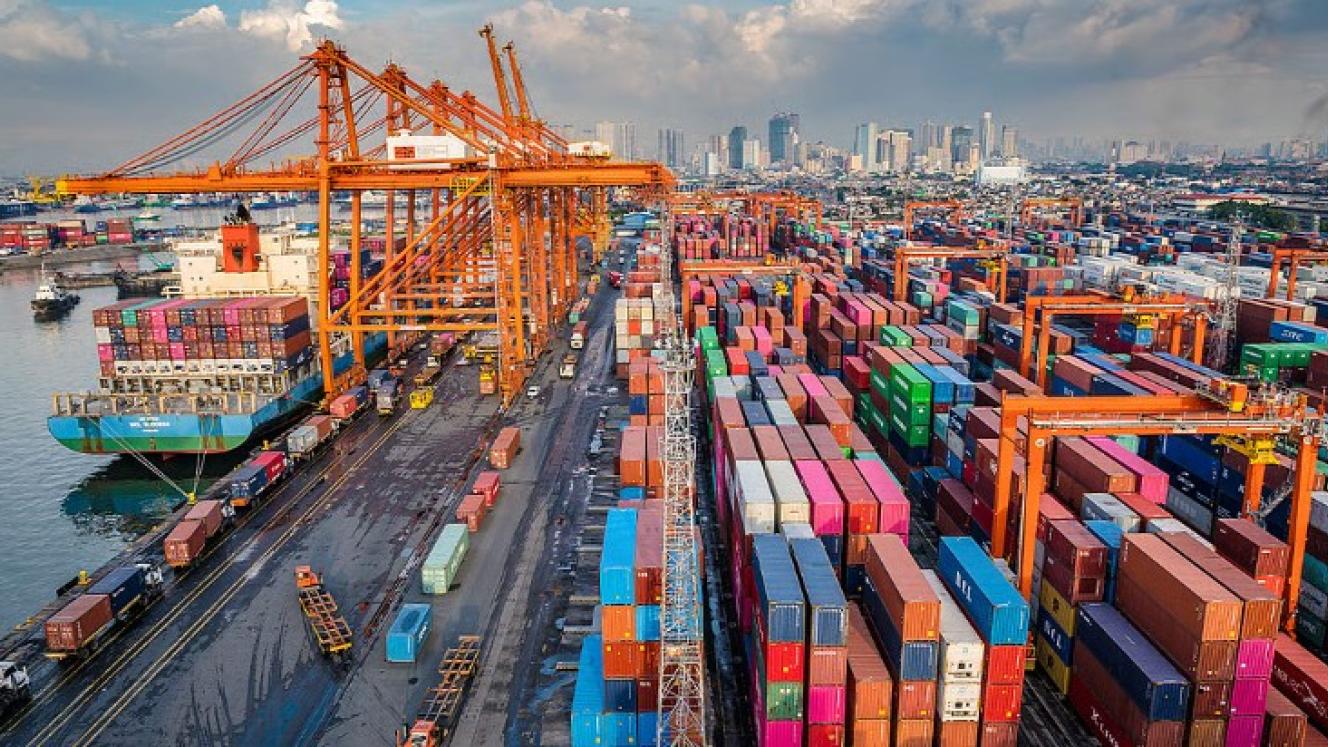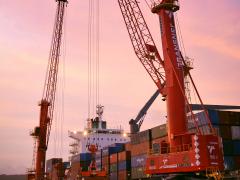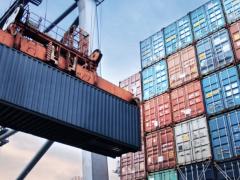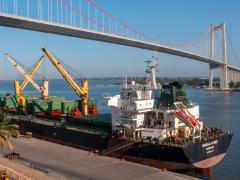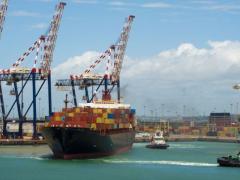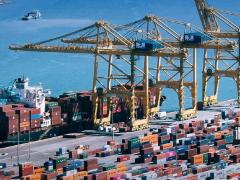The human factor remains paramount in securing the stability of supply chains that are becoming rapidly revolutionised on the back of fast-advancing digital technology, experts in the field have said.
Polly Mitchell-Guthrie, the vice president of Industry outreach and Thought Leadership at supply chain software company Kinaxis, has pointed out that because today’s supply chains face many disruptions, it makes it extremely difficult to establish patterns.
This is in spite of algorithms becoming ever more advanced in using data to generate predictive intelligence.
The conflict in Ukraine and the impact this has had on shipping in the Black Sea, not to even mention the sanctions squeeze on Russian ports, could not have been foretold until recently.
“It’s humans who possess the ability to derive meaning from context, so when disruptions arise, it is people who are able to use business acumen and domain expertise to make the best decisions for their supply chain,” Mitchell-Guthrie told Engineering & Technology magazine.
Certainly, in South Africa there is huge scope for young, driven entrepreneurs to contribute effectively to supply chains.
A World Bank analysis for South Africa released in 2021 argued that if the country were to match the self-employment rates of countries like Brazil, Mexico and Turkey, making up an estimated 30% of all jobs, it could potentially halve its dismal unemployment rate of 34.9%.
Furthermore, the global human capital market size is expected to reach $32.68-billion (R502-billion) by 2027.
According to Fortune Business Insights, the increasing proclivity of companies towards artificial intelligence and machine-learning to eliminate unnecessary IT costs will foster the growth of market sales.
In other words, there is fertile ground for the country’s entrepreneurs to grow, and people will be at the heart of any potential revival.
Harry Dimo, human resource director at one of the country’s largest logistics concerns, says: “People are the fundamental human resources to provide quality service to the customers, therefore it is a must to continuously improve employees’ efficiency and performance.”
Dimo cannot stress enough the importance of having the “correct people with the appropriate skills sets and experience” on board to ensure processes happen as they should.
“The common qualities include the ability to solve technical problems, always display a sense of energy, learning and innovative capability, good leadership traits and intellectual humility.
“Individuals also need to be savvy in terms of the supply chain industry and be able to adapt to the continuous changes and challenges.”

